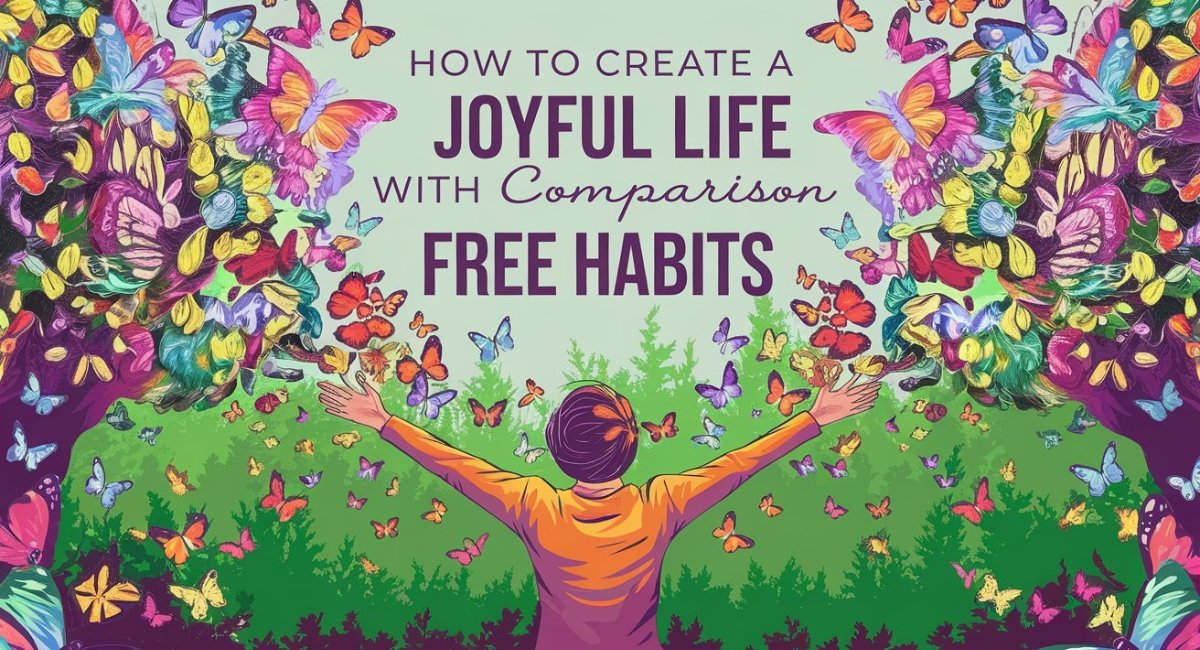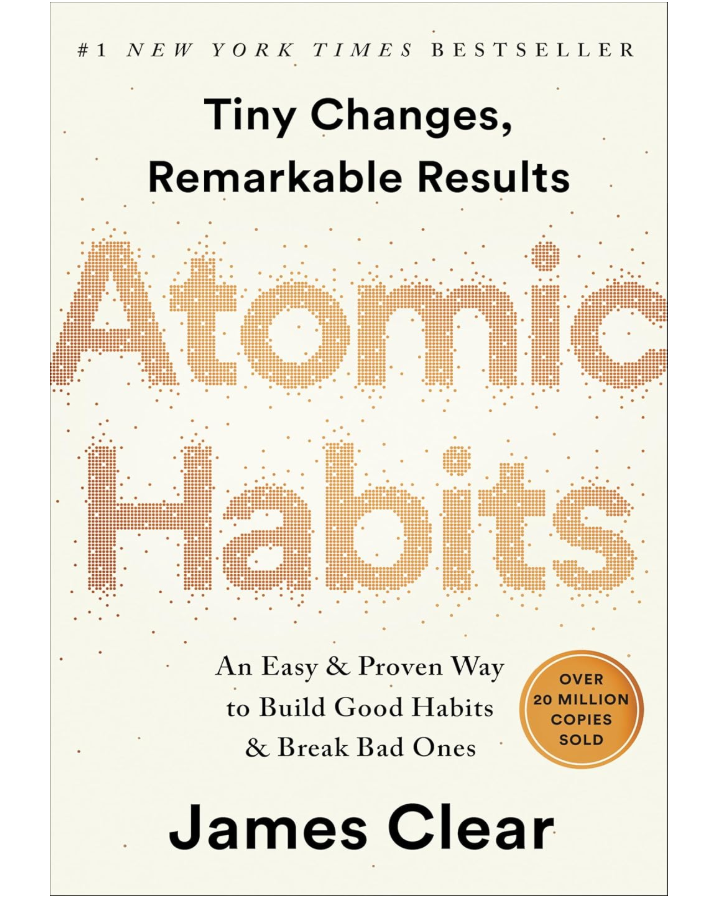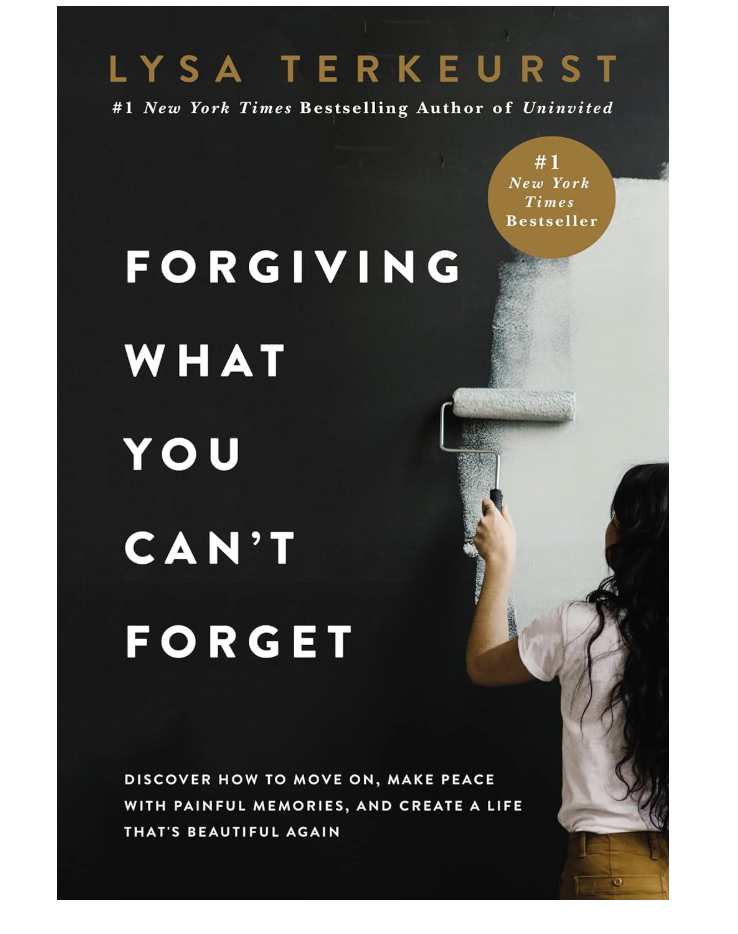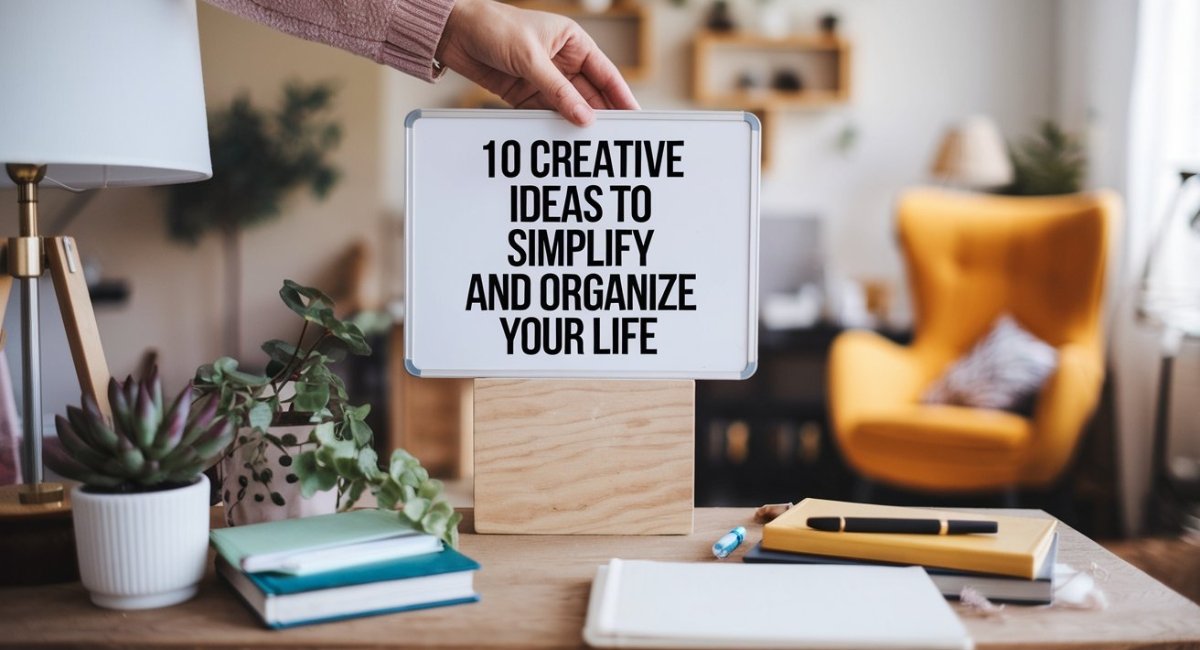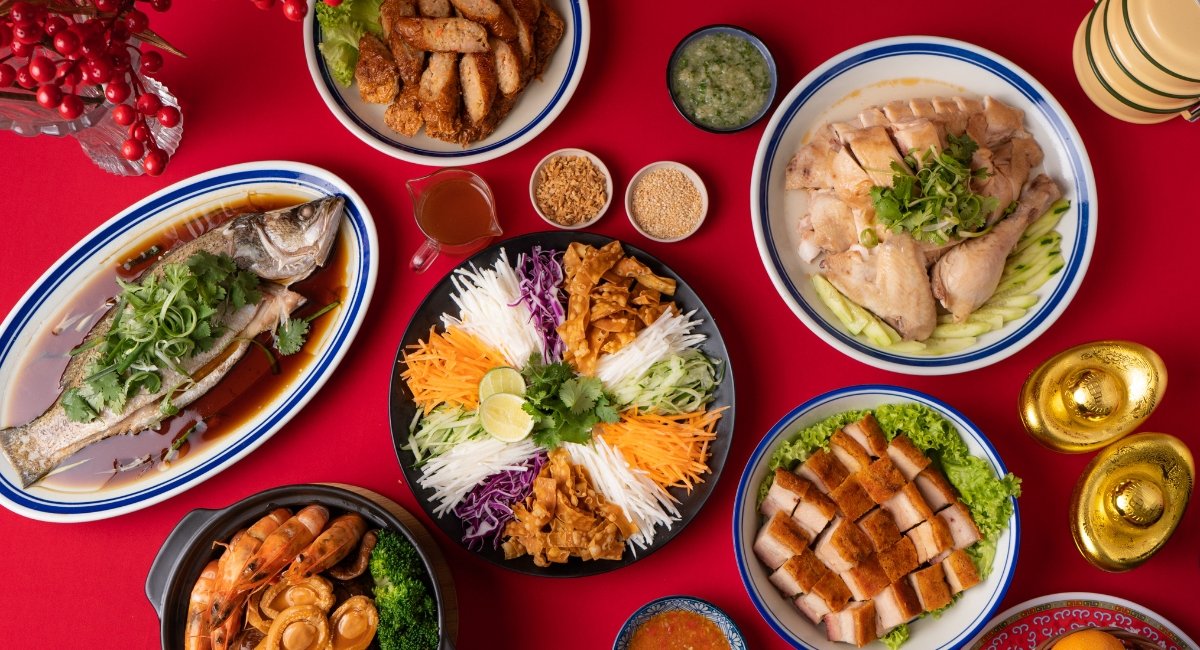How To Create a Joyful Life with Comparison-Free Habits
This post contains paid and/or affiliate links. I make a small commission at no extra cost to you. Please see our Privacy Policy.
Living a joyful life can seem hard, thanks to the world’s focus on comparison. But, by avoiding comparison, you can find true happiness. Let’s look at ways to focus on your own journey and increase your daily joy.
Understanding the Impact of Comparison
First, let’s see why comparison is bad. When you compare yourself to others, you lose sight of your own strengths. This can make you feel:
- Not good enough
- More anxious
- Less confident
- Less proud of your achievements
When you let others define your worth, happiness is hard to find. Knowing this is the first step to a happier, more accepting life.
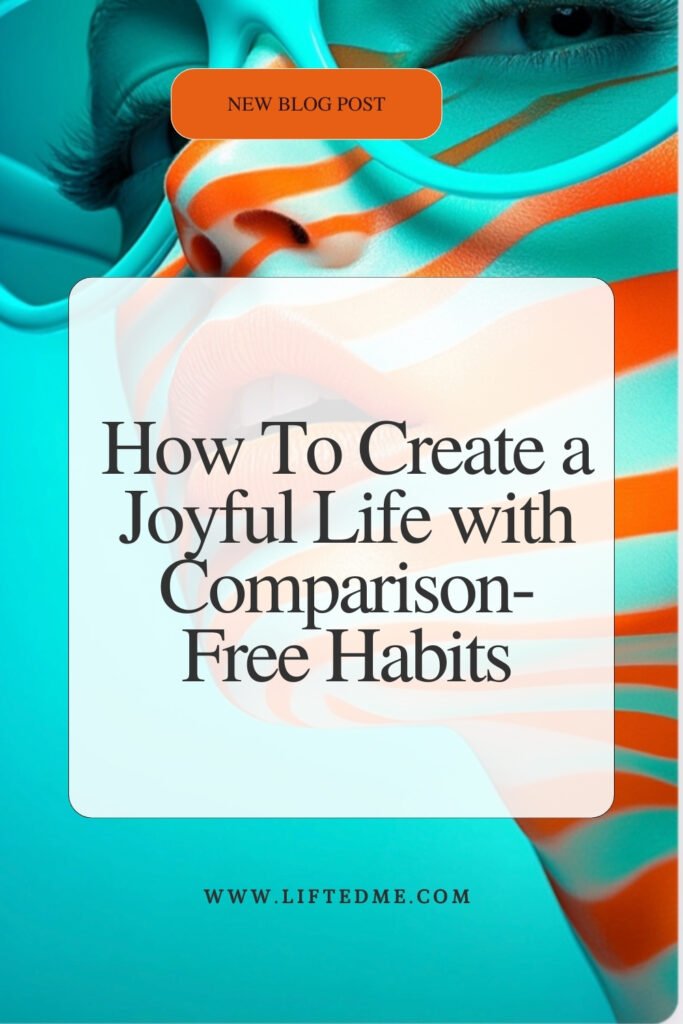
Practicing Gratitude Daily
Gratitude is a key habit for avoiding comparison. Every day, think about what you’re thankful for. You can:
- Write in a gratitude journal, listing three things you’re thankful for.
- Share your thanks with friends or family to spread joy.
- Use a gratitude jar, adding notes for things you value.
By focusing on the good in your life, you move away from comparing yourself to others. This leads to a happier outlook.
Setting Personal Goals
Instead of comparing yourself to others, set your own goals. Here’s how:
- Identify what truly matters to you.
- Make your goals specific, measurable, achievable, relevant, and time-bound (SMART).
- Regularly review and adjust your goals as needed, ensuring they reflect your evolving passions.
By setting goals that align with your values, you’ll find joy in personal growth, not comparison.
Embracing Self-Compassion
Being kind to yourself boosts your happiness. When you practice self-compassion:
- Remember that everyone makes mistakes and faces challenges.
- Replace negative thoughts with positive ones.
- Allow yourself to feel emotions without judgment.
This approach lets you thrive without comparing yourself to others.
Engaging in Mindfulness Practices
Mindfulness keeps you present and focused on your own experiences. You can improve your mindfulness by:
- Trying meditation or deep-breathing exercises to center your thoughts.
- Participating in yoga or other activities that promote self-awareness.
- Spending time in nature, being fully aware of your surroundings.
These practices help you appreciate your journey and let go of comparison.
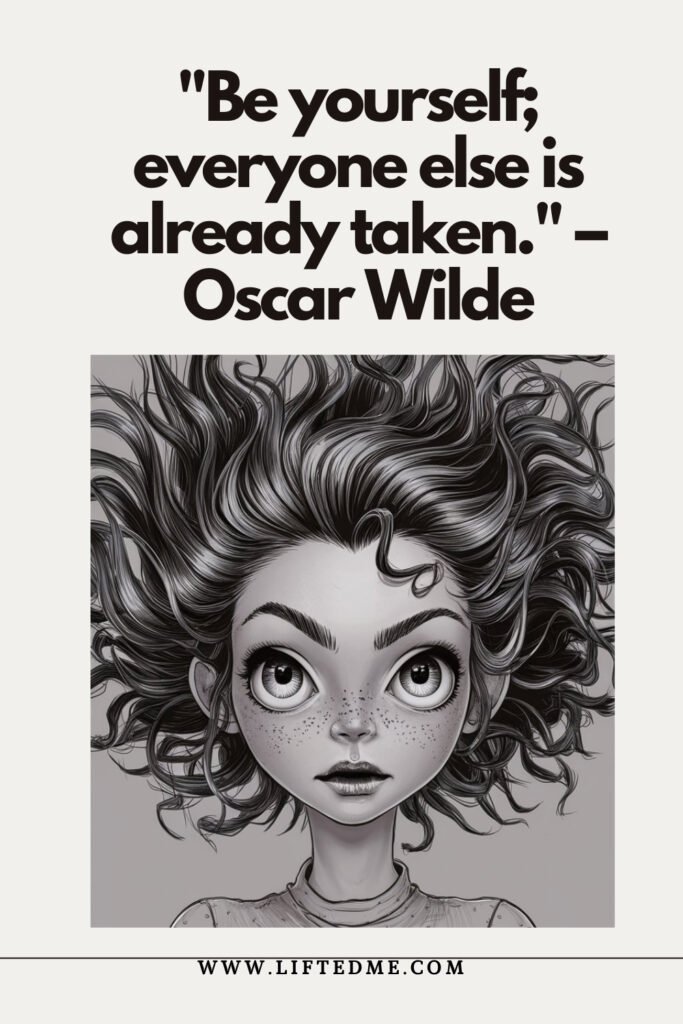
Building Authentic Connections
Surround yourself with people who uplift and support you. True friendships reduce comparison. You can:
- Seek out friends who share your values and passions.
- Engage in community activities that encourage collaboration over competition.
- Limit your exposure to negative influences, including social media that makes you feel bad about yourself.
Keeping positive relationships fuels your happiness and creates an accepting environment.
A Final Note on Comparison-Free Living
Living a joyful life without comparison is a journey, not a goal. By practicing gratitude, setting personal goals, and being kind to yourself, you can live a more fulfilling life. Remember, joy comes from accepting yourself and celebrating your unique path, not from comparing to others.
The Psychology Behind Self-Acceptance and Its Role in Happiness
Self-acceptance is key to happiness. Accepting yourself, including your strengths and weaknesses, leads to a more fulfilling life. Understanding self-acceptance can help you develop habits for genuine joy and satisfaction.
Understanding Self-Acceptance
Self-acceptance means loving all parts of yourself, even the flaws. It’s about being okay with making mistakes and having imperfections. When you accept yourself, you stop judging yourself harshly. This leads to better mental health and happiness.
- Emotional Stability: Accepting your feelings without judgment promotes emotional balance.
- Positive Self-Image: It encourages a positive view of yourself, boosting confidence.
- Reduced Stress: Releasing the pressure to meet unrealistic standards lowers stress levels.
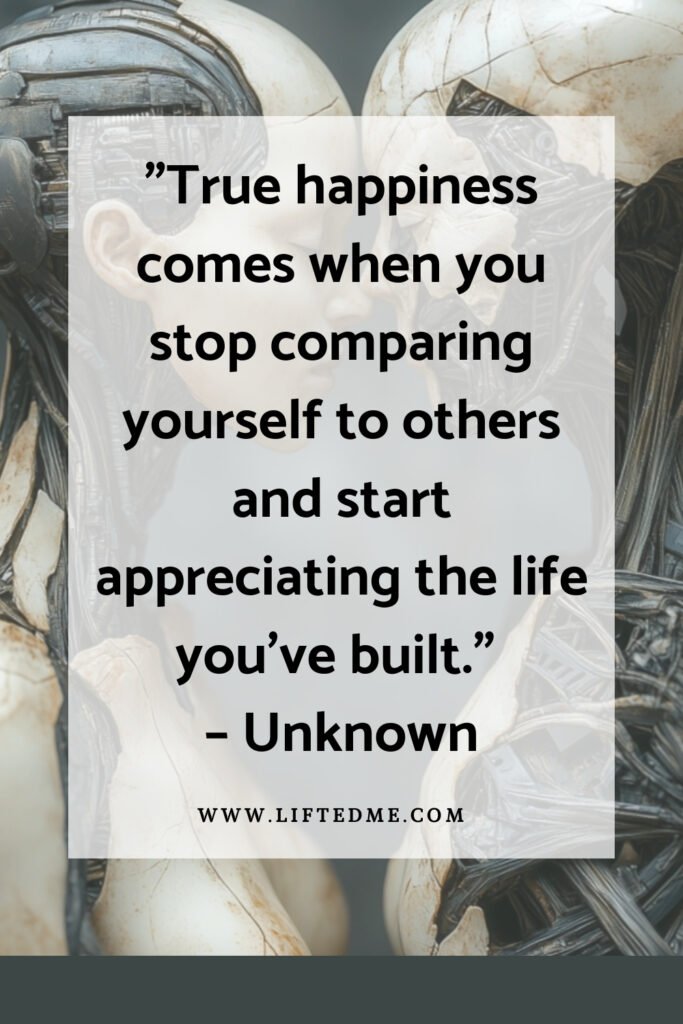
The Connection Between Self-Acceptance and Happiness
Self-acceptance isn’t just about feeling good; it’s directly linked to your happiness. Here’s how:
| Aspect | Impact on Happiness |
|---|---|
| Reduced Comparison | You focus more on your journey than comparing yourself to others. |
| Enhanced Relationships | Being comfortable with yourself improves your connection with others. |
| Greater Resilience | You recover from setbacks more easily when you accept your flaws. |
Challenges to Self-Acceptance
While self-acceptance is key for happiness, it can be hard to achieve. Social media and cultural expectations push for an unattainable perfection. It’s vital to recognize these and aim for authenticity instead.
Common Obstacles
- Social Comparisons: Constantly measuring yourself against others can hinder self-appreciation.
- Perfectionism: Setting unrealistically high standards creates feelings of inadequacy.
- Negative Self-Talk: Internal dialogues that are critical can damage self-esteem.

Strategies for Cultivating Self-Acceptance
Building self-acceptance is a journey that requires intentional practice. Here are some effective strategies to help you cultivate a more accepting mindset:
- Practice Mindfulness: Engaging in mindfulness enables you to observe your thoughts and feelings without judgment.
- Celebrate Your Uniqueness: Recognize and appreciate the qualities that make you different from others.
- Limit Social Media Exposure: Reducing time spent on social platforms can decrease unhealthy comparisons.
- Affirmative Journaling: Write about your strengths and positive experiences to reinforce self-worth.
- Seek Support: Surround yourself with people who uplift and encourage you.
The Role of Self-Compassion
Self-compassion is closely tied to self-acceptance. It means treating yourself with kindness and understanding, just like you would a friend. By being compassionate with yourself, you build a shield against self-criticism and negativity. This leads to a deeper acceptance of yourself.
To practice self-compassion:
- Be gentle with yourself during tough times.
- Acknowledge that everyone makes mistakes and faces challenges.
- Engage in self-care activities that nurture your well-being.
Embracing self-acceptance can change your life and path to happiness. By integrating acceptance and compassion into your daily life, you can overcome barriers and connect more deeply with yourself and the world.
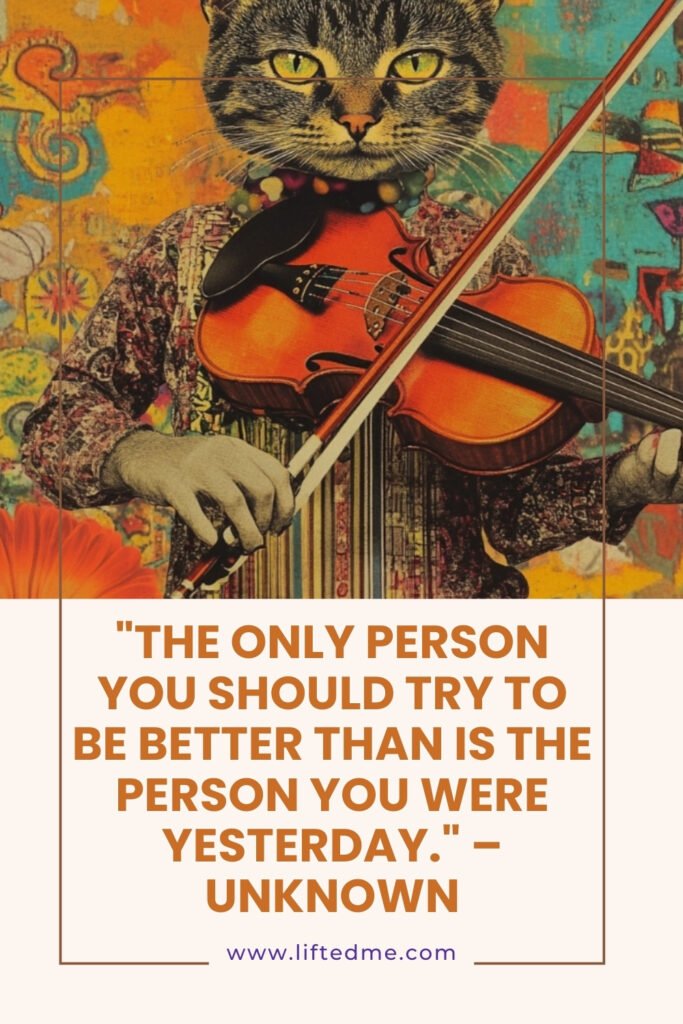
Conclusion
Starting a journey to a joyful life without comparison is a big step. It begins with building healthy habits.
By focusing on your goals and celebrating small wins, you create a space of self-acceptance. This change boosts your happiness and helps you appreciate your own path.
It’s important to understand why self-acceptance matters. Recognizing your strengths and weaknesses helps you find peace in being yourself.
When you accept yourself, you avoid the negative effects of comparing yourself to others. This frees your mind and lets you enjoy life more.
Adding mindfulness to your daily life makes you appreciate your life more. By being grateful and present, you learn to be content without comparing.
Every day becomes a chance to celebrate your growth and unique qualities.
By adopting comparison-free habits and self-acceptance, you find true joy. It’s not about meeting others’ expectations but living your life authentically.
This journey leads to a happier, more fulfilling life, where happiness comes from within.
